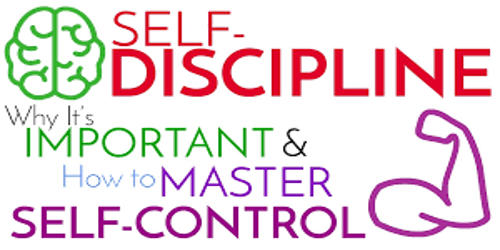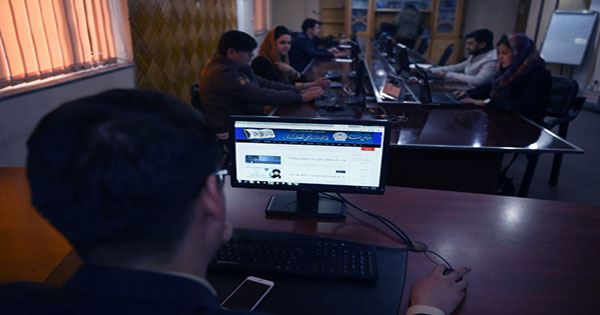Introduction: Patriotism is the feeling of love, respect, and pride for one’s country. It is to unconditionally support and respect the nation. Patriotism develops naturally and is important for the protection of a country’s culture and historical heritage. It is to take pride in representing one’s nation.
The English term patriot is first attested in the Elizabethan era; it came via Middle French from Late Latin (6th century) patriota, meaning “countryman”, ultimately from Greek πατριώτης (patriōtēs), meaning ‘from the same country’, from πατρίς (patris), meaning ‘fatherland’. The abstract noun patriotism appears in the early 18th century.
Patriotism lies in our actions. It is the zeal with which we work towards the betterment of the nation. It is the pride that we feel in representing our nation. One who is ready to actively support his country and is ready to do anything for it is a patriot. It is the natural attachment and the feeling of respect for the land where we are born and grow.
The Feeling of Patriotism: Patriotism is not just loving and respect for one’s country but also the will to serve it. A true patriot is an active worker who works for the progress and development of his country. He takes pride in representing his nation. A patriot is one who fights for the freedom and peace of his country. There are occasions when one has to selflessly serve the nation and sacrifice personal pleasure and leisure. Patriots don’t even hesitate to scarify their life for the nation.
Patriotism involves love for the citizens of the nation and the urge to live in harmony with all regardless of gender, ethnicity, race, and religion. We cannot love our country without loving its people. The unity and oneness among people can only lead to the progress and development of the nation. Patriotism also involves serving the nation. It is about going ahead and volunteering to serve the nation and its people whenever need be. It is about abiding the laws and acting responsibly by paying taxes.
Importance of Patriotism in Life: It is important to practice patriotism in everyday life and volunteer to work for the progress of the nation. This includes paying taxes, obeying the laws, voting and being active to bring about social and economic welfare. It is standing up for views and ideas in favor of the community.
Patriotism is the kind of motivation that motivates people to work hard for the progress of the nation. It is to never let go of the unity in diversity and to dutifully stand in the face of any kind of tyranny. It is the desire and passion to serve the nation in any way one can.
Common Good: Patriotism is important for the welfare of the community. It is a common commitment that the citizens make by accepting their responsibility to work together with other members of the community for the welfare and progress of the nation. Everyone shares equal rights here and the progress and development of every single individual lead to the development of our country.
Loyalty: The concept of patriotism includes loyalty towards the country and its constitution. Patriots are loyal to their motherland. It is like being loyal to the family. A family would break if we have internal disputes and are not loyal to one another. In the same way, it is important to remain loyal to our nation.
Love and Affection: Patriotism is not only the love for the country but also the love for the citizens of the nation. It includes the feeling of love and affection for the people and being united even in diversity.
Equal Rights: In a direct democracy, all the citizens have equal rights and the government represents the will of all the people. Irrespective of the caste, religion, community, and sex of the individual the laws for all the citizens are the same. It is enjoying the same rights and unity in diversity. A patriot will always actively participate in the elections by voting to choose his leader or change his leader for the welfare of his community. It lends strength to the people of the nation.
End of Evils: Patriotism must be seen in every action of the citizens. We must not indulge in unlawful acts such as cheating on customers, paying less tax, seeking a bribe, exploiting the vulnerable, adding more water to the milk and other corrupt practices.
Philanthropic Act: Patriotism reflects in philanthropic acts. Serving our fellow citizens is the best we can do. We must help people in need and relieve suffering by giving time, effort or money. It is to voluntarily act to improve the quality of life of people around them.
Christopher Heath Wellman, professor of philosophy at Washington University in St. Louis, describes that a popular view of the “patriotist” position is robust obligations to compatriots and only minimal samaritan responsibilities to foreigners. Wellman calls this position “patriotist” rather than “nationalist” to single out the members of territorial, political units rather than cultural groups.
Country’s Development: Youth is the most important part of the country and they do not want to damage their nation or its image. They don’t want to destroy the culture but want to change with the changing time and that’s what progress is. Youth is ready to accept western culture and ideas that benefit our society. Overall youth is interested in the development of the nation. They want the nation to develop not only economically but also culturally. They are more thoughtful, supportive and appreciative of the natives of their community.
Patriotism among youth is seen in socio-economic and political terms. They are well educated and independently vote for their ideal leaders. They not only just vote for their leaders but are also capable of criticizing and questioning them when required. They are well aware that it is the government of people, for the people and by the people.
Conclusion: The youth wants the country to be a safe and better place where they can live freely. They want their voices to be heard, understood and accepted in society. They love their country and want to work in the favor of the nation and its people.
So modern-day patriotism is not just about sacrificing life for the country but it is to act responsibly for the welfare of the nation and its citizens. It is not just to accept ideas but also to take stand for your own ideas and opinions. Patriotism can be practiced in our day to day actions by doing small deeds to serve our nation. The progress and development of community, city, state or the nation depend on its people.
Information Sources:
















